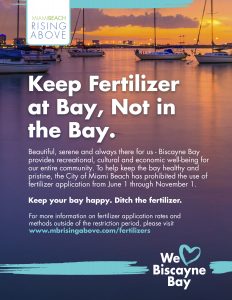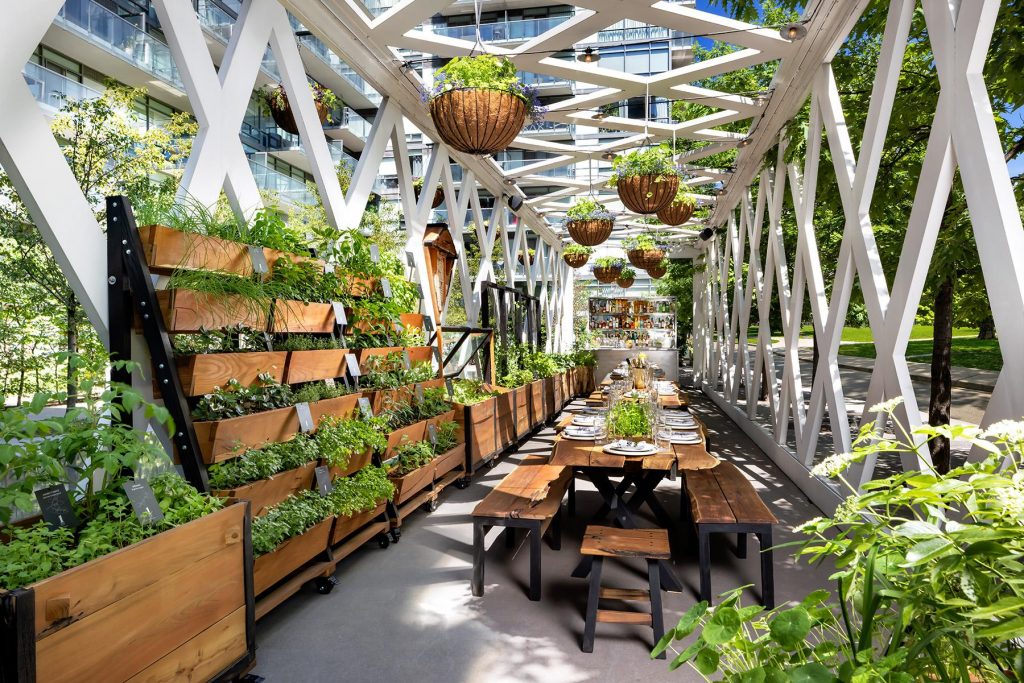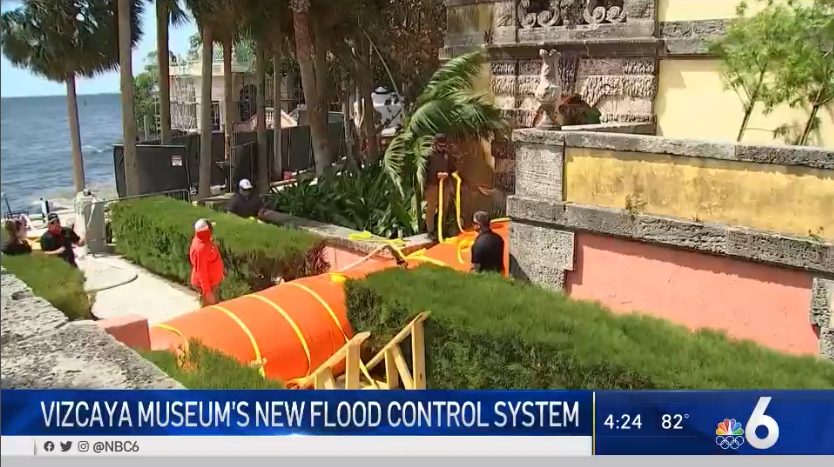Sustainability & Wellness Council
Mission Statement
The Greater Miami and the Beaches Hotel Association’s Sustainability & Wellness Council was created to advance the awareness and adoption of sustainable & wellness practices by providing guidance, expertise and resources to Association members. The Council also works to increase visibility of members' sustainability practices in domestic and international markets to promote the Miami hospitality industry’s image.
Council Chair: Tammy Pahel, VP of Spa & Wellness, Carillon Miami Wellness Resort
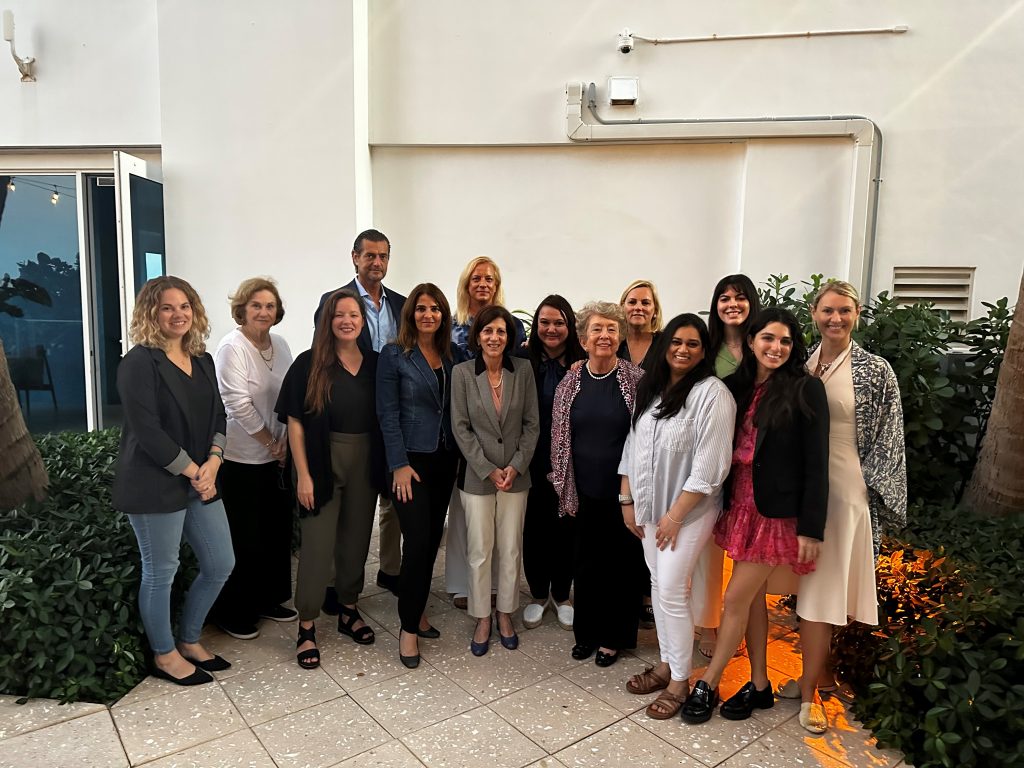
GMBHA Sustainable Hospitality Council Meeting
Carillon Wellness Resort Miami

American Hotel & Lodging Association (AHLA)
Our national partner, the AHLA, has generated a minimum set of guidelines for going Green. To learn more, please visit the AHLA website.
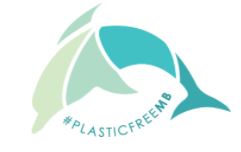
Plastic Free Miami Beach
#PlasticFreeMB is aimed to showcase businesses that have taken action to reduce plastics from their establishments and to help organizations learn and implement best practices in the area of environmental stewardship. To learn more, please visit the PlasticfreeMB page.
Sustainability & Wellness News and Updates
Why is COP26 important?
Council Chair, Nancy Scanlon, PhD, Professor at FIU shares her thoughts below on the importance of COP26 within the hospitality industry:

Nancy Scanlon, Council Chair, PhD CHE, Associate Professor; School of Hospitality and Tourism Management, FIU
" The importance of COP26 for the hospitality industry is the reinforcement of a global commitment to reducing carbon emissions. The major global lodging companies have generally committed to a 30% reduction in Carbon Emissions by 2030, detailed in the corporate social responsibility (CSR) reports and pages on their web sites. In particular, Marriott International, Hilton International and Accor provide an overview of the impact of the global efforts by lodging companies. Currently Marriott International Hotels has a global presence in 138 countries with 7,700 hotels across 30 hotel brands and a loyalty program numbering 150 million members. Hilton International offers 18 brands in 119 countries with 1,019,287 hotel rooms in 6,478 hotels. Accor is present in 110 countries with 5,200 hotels representing 762,100 hotel rooms in 30 brands. Together these three major global hospitality companies represent a significant view of what the impact of combined 30% carbon emissions reduction efforts can achieve. On September 22nd, Marriott International announced that it has set a target to reach net-zero value chain green house gas emissions no later than 2050. All 3 hospitality companies have made a very clear and purposeful commitment to reducing the overall environmental impact of their hotel operations across the globe.
COP26 provides the lodging industry with a validation of their commitments to reduce carbon emissions and the impacts to the financial market and customers. Investors looking for companies that evidence the results of sustainability and environmental efforts will find such in the corporate social responsibility reports of these three global hospitality leaders. Marriott International has a loyalty program numbering over 150 million members. Loyal customers who want sustainability programs evidenced by the hotels in which they stay are a force that cannot be overlooked. The outcomes of COP26 will reinforce customer commitment to sustainability.
The attention to COP26 and commitments to further reduce carbon emissions by the attending countries will support the efforts of the hospitality industry and help companies to justify further investments and efforts in achieving published goals. The impacts of a global pandemic and devastating climate change related weather events are illustrating to the world that there is a force of nature that must be addressed in how we responsibly operate businesses as members of the global community. "
How AIRIE Champions Everglades Conservation Through Art And Diversity
https://mlmiamimag.com/AIRIE-twenty-years-of-everglades-conservation

GMBHA Congratulates City of Miami Beach Achieving LEED Gold Certification
The Greater Miami & The Beaches Hotel Association congratulates the City of Miami Beach on being awarded the ‘LEED for Cities Gold Certification’. The City of Miami Beach is one of only some 110 local governments worldwide to achieve this certification. The Sustainability and Wellness Council of the GMBHA applauds the efforts of our very own council members Elizabeth Wheaton, Environment and Sustainability Director, City of Miami Beach and Flavia Tonioli, Sustainability Manager, City of Miami Beach. This prestigious award has been achieved in large part by their efforts to guide the City of Miami Beach through rigorous sustainability efforts and LEED guidelines. Many City of Miami Beach hotels have contributed to this effort such as the LEED certified 1 Hotel Miami Beach and Florida Green Lodging Palm Certified Dream Miami Beach. GMBHA Sustainability and Wellness Council council members Brian Lomel PA, and Jason Hagopian AIA are both LEED AP certified and work with City of Miami Beach businesses and homeowners in achieving LEED standards. The efforts of The City of Miami Beach to achieve this LEED award further ensures the continued well being of the key attractions for visitors to the Miami Beaches and the sustainability of the Miami Beach experience.
Learn more here: https://www.miamibeachfl.gov/wp-content/uploads/2021/07/City-of-Miami-Beach-Achieves-LEED-Gold-Certification.pdf
Keep Fertilizer at Bay, Not in the Bay.
Beautiful and serene, Biscayne Bay provides recreational, cultural, and economic well-being for our entire community. To help keep the bay healthy and pristine, the City of Miami Beach has prohibited the use of fertilizer application from June 1 through November 1. Show your bay some love. Ditch the fertilizer.
For information on fertilizer application outside of the restricted period visit www.mbrisingabove.com/fertilizers
Vizcaya Museum unveils new flood mitigation system from GMBHA member US Flood Control ahead of hurricane season.

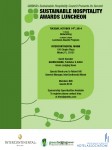

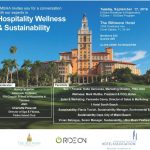
Florida Green Lodging
The Florida Green Lodging Program is a voluntary initiative of the Florida Department of Environmental Protection (DEP) that designates and recognizes lodging facilities that make a commitment to conserve and protect Florida’s natural resources. The program’s environmental guidelines allow the hospitality industry to evaluate its operations, set goals and take specific actions to continuously improve environmental performance. Learn more about Florida Green Lodging Program.
Apply now: http://www.dep.state.fl.us/greenlodging/apply.htm
Justification for Beach Renourishment
The Greater Miami and the Beaches Hotel Association and our Sustainability and Wellness Council supports consistent beach re-nourishment initiatives. Tourism in Greater Miami is dependent on the quality of our beaches. “Miami Beach” has historically been a destination which tourists see as reaching up the ocean coastline to include Bal Harbour and Sunny Isles. 65% of all overnight visitors to Greater Miami are here for vacation with a beach experience as a main focus of their visit. Keeping our beaches in the best condition possible to meet visitor expectations is critically important to the economic success of tourism in Sunny Isles and the surrounding Greater Miami communities.



